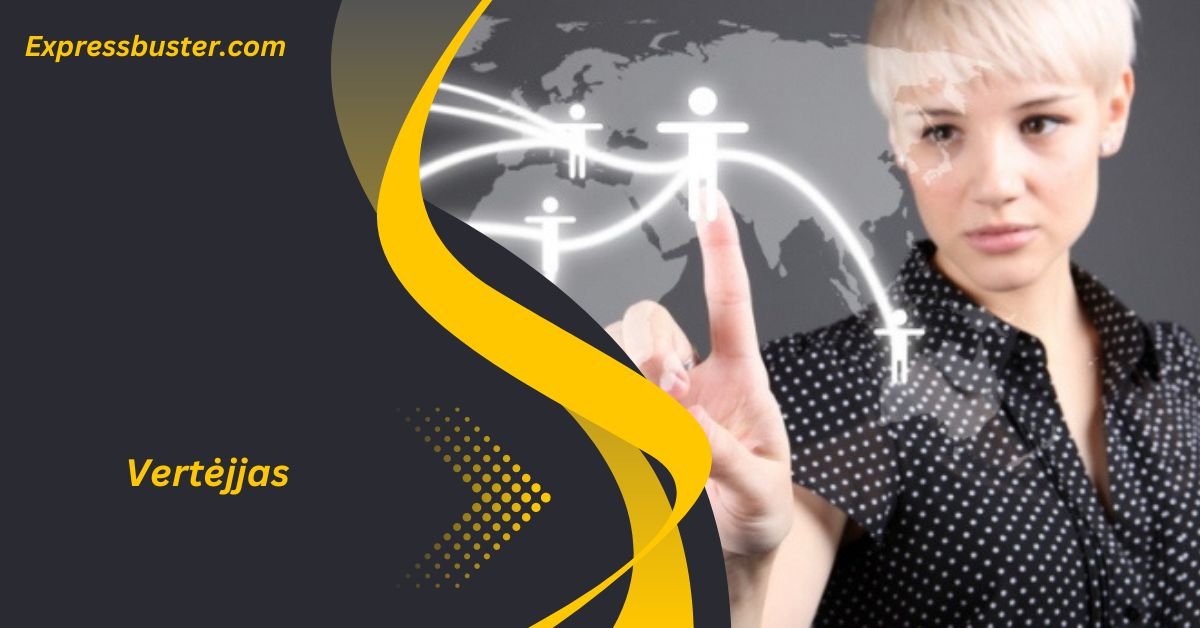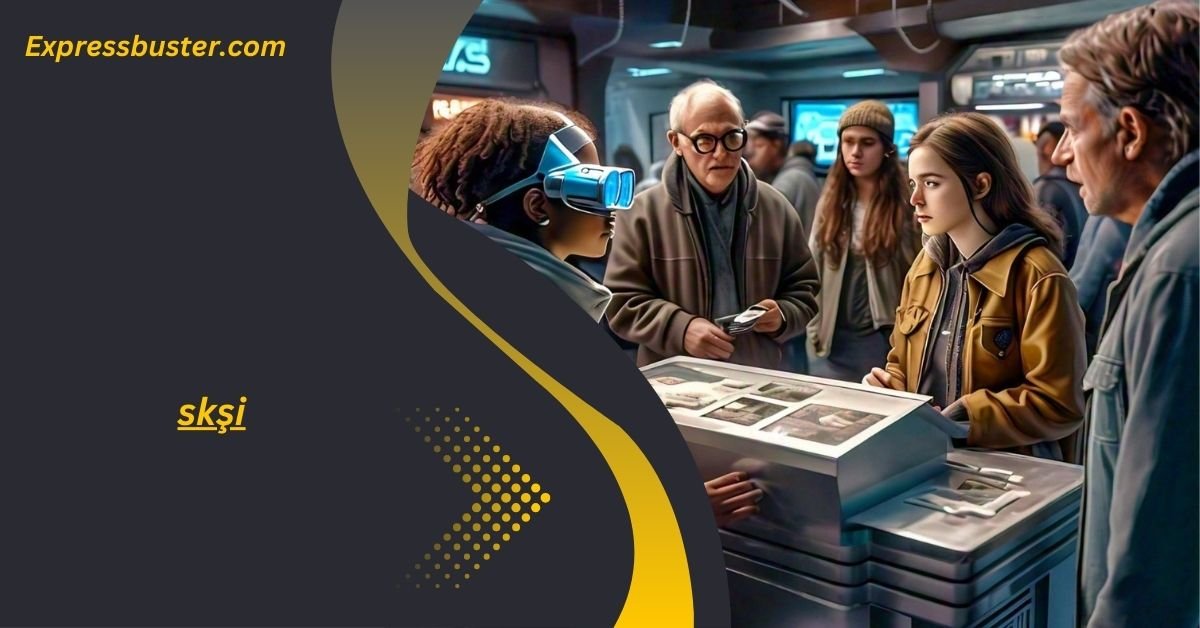The profession of vertėjjas, or translator in Lithuanian, stands at the forefront of global communication, ensuring that language barriers do not hinder the exchange of ideas, commerce, and culture. This article explores the multifaceted role of vertėjjas, from its historical roots to its modern applications and future prospects.
What is a Vertėjjas? – A Detailed Overview Here!
Definition and Etymology
A vertėjjas is a linguistic expert who specializes in converting written text from one language to another while preserving its original meaning, tone, and context. The term originates from Lithuanian, emphasizing the pivotal role translators play in facilitating cross-cultural communication and understanding.
Historical Background of Translation
Translation dates back to ancient times when it served as a conduit for spreading knowledge across civilizations. Early translators were instrumental in translating religious texts, scientific discoveries, and literary works. Over centuries, translation evolved alongside advancements in language study and technology, becoming indispensable in today’s interconnected world.
Recent Post: Cmhiyet – Concept in Pakistani Society!
Importance of Vertėjjas in Today’s World:
Bridging Language Barriers
In our increasingly globalized society, vertėjjas acts as a bridge between languages, enabling individuals and businesses to communicate effectively across linguistic divides. This capability is crucial for international diplomacy, trade negotiations, and everyday interactions in multicultural communities.
Facilitating International Business
The role of vertėjjas in international business cannot be overstated. Translators ensure that contracts, marketing materials, and communications are accurately conveyed in multiple languages, safeguarding clarity and legal validity across borders.
Enhancing Cultural Exchange
Beyond mere linguistic translation, vertėjjas fosters cultural exchange by translating literature, films, and other media. This promotes mutual understanding and appreciation of diverse cultural perspectives, enriching global discourse.
Check Also: eTrueSports iOS App – Install And Enjoy!
Types of Vertėjjas – You have to Take Analysis Here!
Literary Translators
Literary translators specialize in translating novels, poems, and other creative works. Their task goes beyond literal translation; they strive to capture the nuances of style, voice, and cultural references, making literature accessible to a broader audience.
Technical Translators
Technical translators focus on translating manuals, scientific papers, and technical documents. Their expertise lies in accurately conveying specialized terminology and complex concepts in clear, concise language suitable for the target audience.
Legal Translators
Legal translators play a crucial role in translating contracts, court documents, and legislative texts. Precision is paramount in legal translation to ensure that legal terms and obligations are accurately understood across languages and jurisdictions.
Medical Translators
Medical translators translate healthcare documents, research papers, and patient records. Accuracy is critical in medical translation to ensure patient safety, compliance with regulatory standards, and effective communication among healthcare professionals.
Conference Interpreters
Conference interpreters excel in real-time translation during conferences, meetings, and international events. They possess exceptional linguistic skills and cultural sensitivity, facilitating seamless communication among participants speaking different languages.
Latest Data: Maññorca – Exploring the Hidden Gem In Beauty!
Skills and Qualifications of a Vertėjjas:
Language Proficiency
A proficient vertėjjas demonstrates mastery of at least two languages, including grammar, vocabulary, idiomatic expressions, and cultural nuances. Strong language skills form the foundation of accurate and effective translation.
Cultural Competence
Understanding cultural contexts is essential for vertėjjas to convey meaning accurately across languages. Cultural competence enables translators to navigate cultural nuances, idioms, and societal norms, ensuring translations are culturally appropriate.
Subject Matter Expertise
Specialized knowledge in fields such as law, medicine, technology, and literature enhances a vertėjjas’s ability to translate technical terminology and complex concepts accurately. Continuing education and professional development are crucial for staying abreast of industry trends and advancements.
Certification and Training
Many translators pursue certification from recognized institutions or professional organizations to validate their skills and enhance their credibility. Formal training programs and workshops provide opportunities to refine translation techniques, use specialized tools, and adhere to ethical standards.
Also Viewed: Kase Abusharkh And Amy Berry – Inspiring Success Stories!
Tools and Technologies for Vertėjjas:
Computer-Assisted Translation (CAT) Tools
CAT tools streamline the translation process by offering features such as translation memory, terminology management, and automated quality checks. These tools enhance productivity, consistency, and accuracy, allowing vertėjjas to handle large volumes of text efficiently.
Machine Translation
Machine translation utilizes artificial intelligence algorithms to translate text automatically. While beneficial for quick translations, human oversight is essential to refine output for accuracy, context, and cultural nuances.
Translation Memory Systems
Translation memory systems store previously translated segments, enabling vertėjjas to reuse consistent translations and maintain terminology consistency across documents. This improves efficiency, reduces errors, and enhances translation quality.
Terminology Management
Terminology management tools help vertėjjas maintain consistent use of technical terms and industry-specific jargon across translations. Centralized terminology databases ensure accuracy and coherence in specialized domains.
Learning Facts: Wadware – Revolutionizing Digital Experiences!
Challenges Faced by Vertėjjas:
Accuracy and Consistency
Achieving high levels of accuracy and consistency poses a significant challenge for vertėjjas. Translating nuanced meanings, idiomatic expressions, and technical terms accurately requires meticulous attention to detail and linguistic expertise.
Dealing with Ambiguities
Languages often contain ambiguities and multiple meanings that challenge translators. Contextual understanding and linguistic creativity are essential to interpret and convey intended meanings accurately in the target language.
Maintaining Context
Preserving the original context and intent of the source text is critical in translation. Vertėjjas must grasp the underlying meaning, cultural references, and stylistic nuances to ensure translations resonate with the intended audience.
Ethical Considerations
Translators face ethical dilemmas, such as maintaining confidentiality, impartiality, and cultural sensitivity. Adhering to professional ethics ensures trust, credibility, and integrity in translation practices.
Give It A Click: Bestautoxperts.com – Unveiling the Secrets In 2024!
Is There Any Future of Vertėjjas?
Impact of Artificial Intelligence
Artificial intelligence (AI) is revolutionizing translation with advancements in machine learning and natural language processing. AI-driven tools improve translation speed, accuracy, and accessibility, yet human translators remain indispensable for nuanced understanding and cultural adaptation.
Evolution of Translation Practices
Translation practices continue to evolve with technological innovations and global communication trends. Agile adaptation to new tools, methodologies, and industry demands enhances vertėjjas’s effectiveness and relevance in a dynamic global landscape.
Emerging Trends in Translation
Emerging trends include demand for multimedia translation, localization services, and hybrid approaches combining AI with human expertise. As globalization accelerates, translators who embrace new technologies and diversify their skills will thrive in the evolving translation industry.
Have You Explored? Etruesports Codes – Unlocking the Power In 2024!
How to Choose the Right Vertėjjas? – In Case You Don’t Know!
Assessing Language Skills
Selecting the right vertėjjas begins with evaluating their proficiency in both source and target languages. Fluency, accuracy, and understanding of linguistic nuances are essential criteria for ensuring high-quality translations.
Evaluating Experience and Expertise
Experience in specialized fields such as legal, medical, or technical translation enhances a vertėjjas’s ability to deliver accurate and contextually appropriate translations. References, client testimonials, and portfolio samples provide insights into their expertise and reliability.
Checking References and Testimonials
Client references and testimonials offer valuable feedback on a vertėjjas’s professionalism, reliability, and quality of work. Assessing past projects and client satisfaction levels helps gauge their suitability for specific translation needs.
Understanding Pricing and Deadlines
Clear communication on pricing structures, project timelines, and delivery expectations is crucial when choosing a vertėjjas. Transparency in negotiations ensures alignment with budgetary constraints and project deadlines.
Check Out Our Most Learning Blog: Google’s 25th Birthday – Celebrating 25 Years!
FAQs about Vertėjjas
What Does a Vertėjjas Do?
A vertėjjas translates written content from one language to another, ensuring accuracy, cultural sensitivity, and readability for the target audience. They play a vital role in facilitating global communication and understanding.
How Long Does It Take to Become a Vertėjjas?
Becoming a proficient vertėjjas requires years of dedicated study, language immersion, and practical experience. Formal education, language certifications, and ongoing professional development contribute to mastery in translation skills.
What Are the Career Prospects for Vertėjjas?
Translation offers diverse career opportunities in industries such as publishing, legal services, healthcare, technology, and international organizations. Demand for translators continues to grow with globalization and digital connectivity.
How Much Does a Vertėjjas Earn?
Earnings for translators vary based on factors such as specialization, experience, geographic location, and project complexity. Translators with niche expertise and language fluency can command competitive salaries and freelance rates.
Conclusion
In conclusion, the role of vertėjjas extends far beyond linguistic translation; it encompasses cultural mediation, global communication facilitation, and knowledge dissemination. As translators embrace technological advancements and adapt to evolving global dynamics, their contributions to cross-cultural understanding and international cooperation remain indispensable. By upholding professional standards, embracing continuous learning, and leveraging innovative tools, vertėjjas will continue to shape and enrich the interconnected world of translation.










